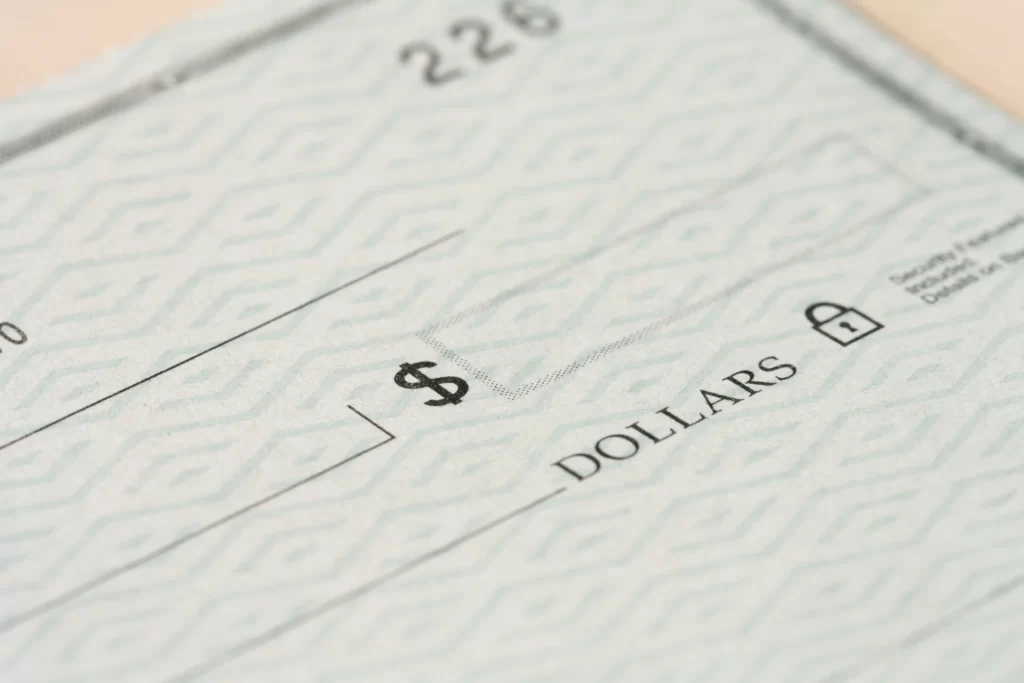Introduction
In times of financial distress, I have seen many individuals turn to payday loans as a quick solution to meet immediate expenses. Unfortunately, these short-term, high-interest loans often lead borrowers into a cycle of debt that becomes increasingly difficult to escape. While Illinois law has taken significant steps to address predatory lending practices, payday loans remain a risky option. In this guide, we will delve into what payday loans are, how they work, their associated risks, and the legal protections available to borrowers in Illinois.
For a comprehensive look at predatory loans, including unenforceable tribal loans and Illinois’ 36% APR cap, check out our detailed post on illegal loan interest in Illinois.
Defining Payday Loans
Payday loans, also known as cash advances, check advances, post-dated checks, or deferred deposits, are small, short-term loans designed to assist individuals facing financial challenges. These loans are characterized by exorbitant interest rates and fees, making them an expensive option for those with limited credit alternatives.
How Payday Loans Work
When obtaining a payday loan, borrowers typically write a post-dated personal check or authorize an electronic bank transfer, including a proportionally large fee on top of the borrowed amount. The loan is usually due on the borrower’s next payday. On the due date, borrowers often are presented with the choice to allow the lender to cash the check or withdraw the money, or they can renew or “roll over” the balance by paying an additional fee. As of 2023, these rollovers are now illegal under Illinois Law.
Illinois Payday Loan Regulations
In response to the predatory nature of payday loans, Illinois introduced the Predatory Loan Prevention Act (PLPA) on March 23, 2021. This act caps the interest on payday loans at an “all-in” 36% Annual Percentage Rate (APR), similar to the Military Lending Act’s MAPR. The PLPA applies to various consumer financing, voiding any contract that exceeds the specified rate cap.
Maximum interest rates, according to the PLPA, have helped protect borrowers from accumulating overwhelming debts. For example, under the PLPA’s 36% APR cap, a $100 cash advance loan for two weeks would incur a maximum fee of approximately $1.38, ensuring borrowers are not burdened by excessive costs.
Escaping the Payday Loan Cycle
The cycle of payday loans often leads borrowers to deeper financial trouble, with fees and interest continuously accumulating. To escape this trap, individuals may consider professional help, such as debt settlement attorneys. Steven Grace Law offers free personal consultations to help individuals regain financial freedom through legal means, including filing for Chapter 7 bankruptcy.
Additional Protections and Alternatives
In addition to the PLPA, the Payday Loan Reform Act provides further protections for borrowers in Illinois. Borrowers have the right to enter into an interest-free repayment plan with lenders after being in debt for more than 35 days. This plan allows a minimum of 55 days to repay the loan in installments without additional finance charges.
Payday loan companies often target vulnerable populations, such as the working poor and the elderly on social security. It is advisable to explore alternative lending sources, such as credit unions, or seek assistance from friends or relatives before resorting to payday loans. Illinois law prohibits payday loan “rollovers,” and any violation should be reported to consumer advocates and the Office of the Illinois Attorney General.
Understanding Payday Loans: Risks and Alternatives
Payday loans, typically ranging from $100 to $1,000, are short-term, high-cost loans designed to be repaid on the borrower’s next payday. While they offer quick cash, the associated fees and interest rates make them a risky financial option.
The cost of payday loans is often presented in terms of fees rather than interest rates. For example, a $100 payday loan with a $15 fee due in two weeks equates to an APR of 391%. This high APR makes these loans one of the most expensive borrowing options.
Furthermore, payday loans do not typically contribute to building credit. Most payday lenders do not report on-time payments to credit bureaus, and non-payment can result in damaged credit. If the loan is not repaid, the lender may report the default to credit bureaus or sell the debt to a collections agency, further impacting the borrower’s credit score.
Legal Landscape and Military Lending Act
Payday loan regulations vary by state, with each state setting limits on APRs that lenders can charge for small loans. While some states have imposed strict restrictions on the cost of consumer loans, payday loans are not illegal everywhere. The Military Lending Act (MLA) adds an extra layer of protection by preventing lenders from providing loans with APRs above 36% to active-duty military members, their spouses, or certain dependents.
Conclusion
Understanding the intricacies of payday loans is crucial for individuals navigating financial challenges. In Illinois, recent legislative measures like the Predatory Loan Prevention Act aim to protect borrowers from the predatory nature of these high-interest loans. Exploring alternative lending sources, seeking legal advice, and being aware of legal protections can empower individuals to make informed decisions and avoid falling into the payday loan cycle.


